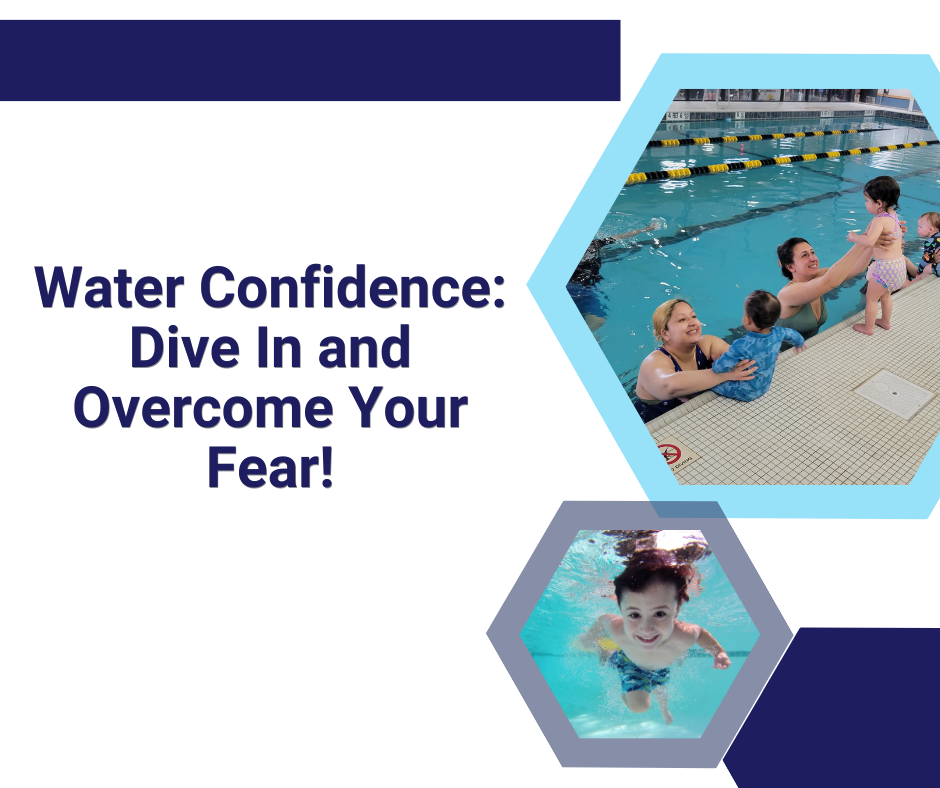For some individuals, water can also be a source of fear and anxiety. This fear, known as aquaphobia, can restrict people from fully enjoying water-related activities and experiences. We will delve into the concept of water confidence and explore effective strategies to overcome the fear of water.
Understanding Aquaphobia: Aquaphobia is a common fear that affects many individuals, young and old alike. It can stem from various causes, such as a traumatic water-related incident, a lack of exposure to water during childhood, or even hearing about the negative experiences of others. The fear can manifest in different ways, ranging from mild unease and discomfort to severe panic attacks when in or near water. However, the good news is that with the right mindset and approach, aquaphobia can be overcome.
Building Water Confidence:
Knowledge is Power: Educate Yourself. One effective strategy to combat aquaphobia is to gather knowledge about water-related activities, safety measures, and swimming techniques. Understanding how water behaves, the buoyancy it provides, and the basic principles of swimming can help demystify the unknown and build your confidence.
Start Slowly: Baby Steps. Overcoming any fear requires patience and gradual exposure. Begin by dipping your toes in shallow water or standing near a poolside. Familiarize yourself with the sensations and sounds of water. As you feel more comfortable, progress to wading in shallow water or using flotation devices for added support.
Seek Professional Guidance: Swimming Lessons. Enrolling in swimming lessons can be tremendously helpful for developing water confidence. Skilled instructors can provide guidance, teach proper techniques, and offer support throughout your learning journey. Their expertise and encouragement will enable you to overcome fear and build essential swimming skills.
Visualization and Relaxation Techniques. Visualizing yourself in a calm and enjoyable water environment can be a powerful tool to counter fear and anxiety. Practice deep breathing exercises, relaxation techniques, and positive affirmations to calm your mind and ease tension when approaching water-related situations.
Supportive Environment: Friends and Family. Having a supportive network of friends and family members can make a significant difference in overcoming aquaphobia. Their encouragement, presence, and reassurance can provide a sense of safety and comfort while you navigate through your water confidence journey.
Gradual Exposure: Gradually Push Your Boundaries. Once you have established a level of comfort in shallow water, challenge yourself to gradually venture into deeper waters or try more advanced swimming techniques. Remember, progress may be slow, but each step forward is a triumph worth celebrating.
Water confidence is not an overnight achievement but a journey that requires perseverance, determination, and a willingness to step out of your comfort zone. By implementing the strategies, you can conquer your fear of water and unlock a world of exhilarating experiences and aquatic adventures. At Hudson Valley Swim, we offer swimming lessons to help students of ages learn how to swim confidently in Newburgh, NY.

